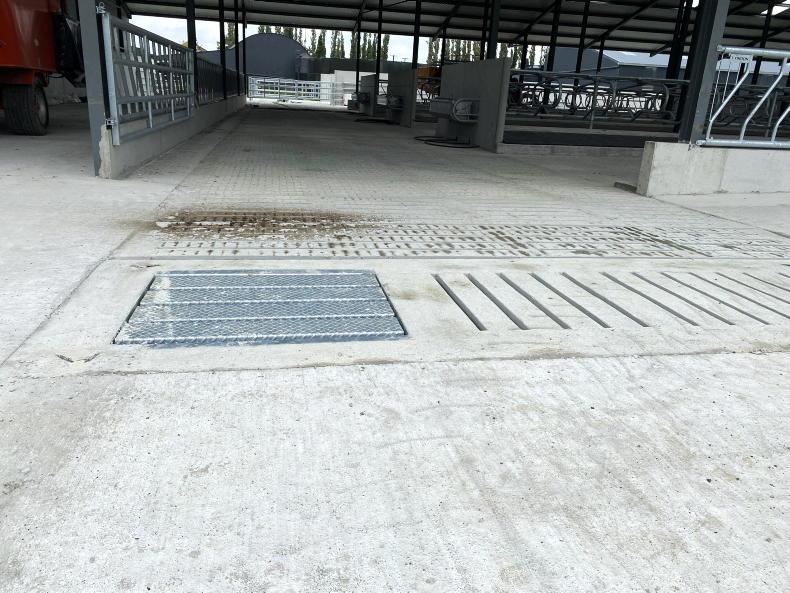That heady mix of sea and sand, cocktails in the sun and new cities to explore.
While the pandemic allowed many of us the opportunity to appreciate Ireland as a holiday destination, we’re still excited to be boarding a plane and heading off to our favourite destinations.
In fact, according to research carried out by An Post, seven in 10 consumers are planning on travelling in 2022, with one in two of us planning to stay within the eurozone.
Now more than ever though, it’s important to sort your travel insurance, especially with high rates of infection of COVID-19.
The query below advises what to do if you get COVID-19 a few days before flying but essentially, there is no “one-size-fits-all” policy. It depends on your insurance provider so be sure to do your research.
When looking for the best deal on travel insurance, we found that some providers such as Laya Healthcare were very clear about their coverage.
A pop-up box appeared while browsing online outlining that you would be covered if you had to cancel your trip, due to COVID-19. Your travel partner would also be covered if you booked together.
Medical expenses and coverage for cutting your trip short are included, but beyond that, all other COVID-19 related queries are excluded. Similarly, An Post was very clear about their COVID-19 policy.
However, when travelling, COVID-19 is just one of a myriad of issues that can occur, where you have to call upon your travel insurance.
Cancellations, flight delays, lost baggage and medical issues while abroad are just a handful of items that are covered when you take out travel insurance.
Best value
So where are you going to find the best value? While you’re concentrating on packing, we’ve concentrated on policies, comparing 13 different companies that cover travel insurance.
We went looking for cover for the McCarthys, a family of two adults and two teenagers. As the family are hoping to go away this summer and next spring, it is more economical to take out multi-trip insurance and we looked at prices, both for European cover and worldwide cover. The McCarthys have health insurance and this is a really important box to check as it can reduce the policy price considerably. Where applicable, we chose the mid-level package that was presented.
For European cover, Chill Insurance came back with the lowest quote of €46.63 which is very good value for a family of four.
The next most competitive quotes came from Justcover.ie and Multitrip.com at €55 each, respectively. Alliance proved to be the most expensive at €130.
It is worth noting that when getting a quote online, Alliance do not give you the option to state that you have health insurance.
So we rang the provider to get more information. Alliance do not give a reduction if you have health insurance, which is part of the reason why they are the most expensive quote so this is worth bearing in mind.
If you’re travelling further afield, looking for cover worldwide, including USA and Canada then again Chill Insurance worked out the most competitive at €61. Justcover.ie and Multitrip.com were also not far behind, both coming in below €70.
Look beyond the quote
However, when taking out travel insurance, it is important to look beyond the quote and consider the cover that is provided. This is very relevant depending on the holiday you are planning.
For example, if you’re heading off on your honeymoon or a trip of a lifetime to somewhere exotic, consider the level of cover if you have to cancel. Vhi for example, will cover you up to €10,000.
However, Blue Insurance will only cover up to €2,500 which if you are travelling to Australia, might only cover your flight. Similarly, look at the cost of your flight. If you have a missed departure, Justcover.ie will only cover you for €250. That’s fine if you were on a cheap holiday to Spain but not much good if you forked out over €500 to go to the US.
An Post, Aviva, Blue Insurance, Chill Insurance and Vhi cover up to €500. AA Ireland (who provided one of the cheaper quotes) as well as AIG and Laya will cover you up to €800.
Finally, be conscious how much you’re planning to pack. While Justcover.ie will cover up to €3,000 worth of possessions, An Post, Aviva and Blue Insurance only cover half of that.
‘I am due to go on holidays next weekend but I have just found out I have COVID-19. I have taken out travel insurance, but will this cover me delaying or cancelling my holiday?’
Irish Country Living reached out to the Competition and Consumer Protection Commission (CCPC), it gives this advice:
Sorry to hear about this disruption to your plans. Unfortunately, in this scenario, there is no ‘one-size-fits all’ response. Cover can vary considerably across different policy types and insurance providers.
So the first thing you need to check is the terms and conditions (T&Cs) of your individual policy.
If after reading through the T&Cs, you are still unsure if you are covered, contact your insurance provider either by email or via their contact number or helpline to ask for clarification. It’s also important to know that if you purchased your travel insurance after you contracted COVID-19, it is very unlikely that your travel insurance provider will consider any claim you make.
It is worth noting that when it comes to your consumer rights, if you booked a package holiday through a travel operator, you have strong protections under package holiday legislation.
This includes the right to cancel your booking at any point before you are due to travel and receive a refund, minus any termination fee that may apply.
Therefore, if you have booked a package holiday, contact your operator as soon as possible to let them know you wish to cancel your trip and exercise your right to a refund.
‘When should I take out travel insurance?’
It’s important to take out travel insurance as soon as you book your trip – rather than waiting until your travel date. First of all, there is a possibility it will slip your mind, especially as you try to remember everything that needs to be packed. Also if you book your holiday now for the end of May and something goes wrong, like you have an accident and can’t go, then you’ll end up paying the cancellation fee. Also you could also be faced with a higher premium if you take out travel insurance after you’ve departed.
‘I have health insurance, Do I really need travel insurance as well?’
Your health insurance will cover you for a variety of health procedures abroad. But travel insurance covers many eventualities not covered in your health insurance such as cancelled trips, delayed flights, your belongings and money as well as issues with your accommodation. However, if you have private health insurance, check the details to see if it offers some level of protection for healthcare costs while travelling abroad. This may help save you money or offer you additional protections not covered by your travel insurance policy. Check the details thoroughly to see what’s covered, or contact your insurance provider directly, if you’re unsure.
‘Should I take out single-trip insurance or multi-trip insurance?’
While there is no point in over-insuring yourself, it is important to be savvy about your spending. If you have any plans at all to go away again in the next 12 months, even if it’s just for a weekend city break, it’s worth looking at a multi-trip policy.









SHARING OPTIONS